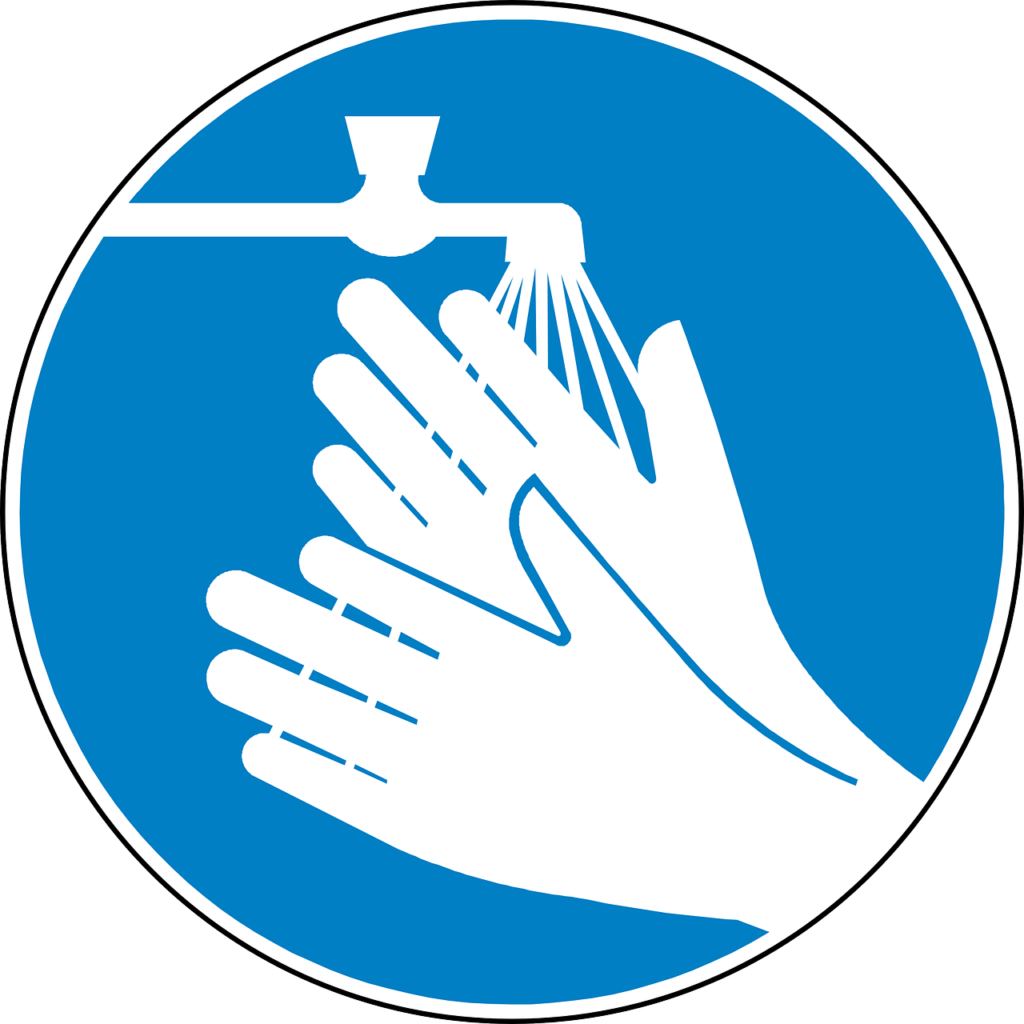Kelly Malcom, Michigan Health
The emergence of a new virus isn’t something most people think about, let alone prepare for in advance.
As the numbers of cases of COVID-19 began to ramp up in countries around the world in mid-February, the U.S. Centers for Disease Control and Prevention warned in a statement that an outbreak “could be bad.”
That sent some people rushing to the store for toilet paper and canned goods, and others wondering what the fuss is about.
Epidemiologist Emily Martin, Ph.D., M.P.H., of the U-M School of Public Health offers some practical advice for people to consider when preparing for potential spread within their community:
Think of your comfort
Martin suggests considering what you’d need on hand if you or a loved one were stuck at home sick for a couple of weeks.
“Make sure you’re caught up on grocery shopping and maybe have a little extra nonperishable food on hand just in case you need to stay home a little longer than you normally would,” she says. “That doesn’t mean bunker level stockpiles. We don’t want to see runs on things because people are stocking up on months and months of supplies.”
Take care of your medical needs
If you are on prescription medicines, get refills now, Martin says. “If there is community spread of this coronavirus, going to the doctor for small things is going to be harder to do because the medical system will be dedicated to taking care of this.”
Wash your hands
One of the best things you can do to protect yourself from this coronavirus and others is to wash your hands for at least twenty seconds with soap and water. And if you can’t get to a sink, you can use alcohol-based hand sanitizer.
“The rule I made in my family is that when we’re home we wash our hands and if we’re out in a restaurant or a public venue, we use hand sanitizer.”
“You should remember there are people and whole federal agencies in charge of thinking about and preparing for disease outbreaks.”
Emily Martin, Ph.D., M.P.H.
Leave the masks for healthcare providers
“Masks have not been overwhelmingly shown to protect people against infection in community settings,” says Martin, who is also a member of the U-M Institute for Healthcare Policy and Innovation. “
They are important in healthcare settings.” Martin says that if someone is sick they may want to wear a mask to prevent them from infecting other people. “There’s not good data to support widespread mask use in the U.S, so let’s leave the masks for the healthcare workers.”
Here’s additional advice on mask use from the World Health Organization.
Get a flu shot
According to data from U-M and other U.S. healthcare systems, this year’s flu shot reduced the chance of getting the flu by 50 percent.
“If getting the flu shot means you are half as likely to have to go to the doctor for flu when they are so busy, that’s something you can do to help the surge capacity at your doctor’s office.”
Consider whether you can work from home
“Are there any conversations or set up you can do in advance so that if you’re sick you can make sure you’re not going to work,” says Martin. S
he suggests talking to your employer about their sick leave and remote work policy as soon as possible.
Have a plan for your kids
Think about childcare options or other plans if schools close. The good news, Martin notes, is this coronavirus doesn’t appear to affect kids to the same degree it does adults.
However, closing schools is “a go-to strategy for communities when they want to do something. No one wants to have not closed schools and then have an outbreak in a school.”
Have empathy for yourself and others
“This is an unusual situation and there’s a lot that’s unknown,” says Martin. “I think it’s natural that once this captures their attention, people go through a reaction where they need to adjust to thinking about this being part of their world — and that’s ok.”
But, Martin adds, “you should remember there are people and whole federal agencies in charge of thinking about and preparing for disease outbreaks. There’s a lot of knowledge about how to handle it well and try to mitigate the effects as best as possible.”
Don’t be fooled by early case counts
One word of caution Martin says, is that as more testing is done, it will appear as though spread is increasing, which is not necessarily the case.
“It’s important to let the process happen. Higher case numbers don’t mean your personal level of risk is changing, just that more information is being collected.”
The scope of the outbreak, including low symptom and asymptomatic cases, may not be known until after it has subsided, similar to what happened with the 2009 H1N1 outbreak, she notes.
Visit the CDC’s website for more advice on preparing for COVID-19.



